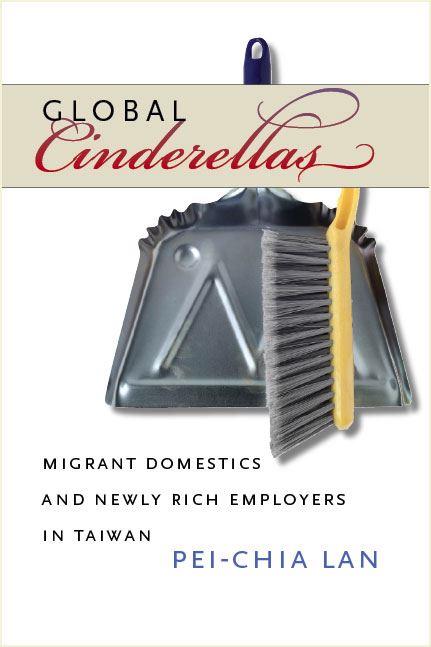 Author:
Author:
Publisher: University of Minnesota Press
Comparing Taiwan and South Korea strategically, Hwa-Jen Liu seeks an answer to a deceptively simple question: Why do social movements appear at different times in a nation’s development?
Despite their apparent resemblance—a colonial heritage, authoritarian rule, rapid industrialization, and structural similarities—Taiwan and South Korea were opposites in their experiences with two key social movements. South Korea followed a conventional capitalist route: labor movements challenged the system long before environmental movements did. In Taiwan, pro-environment struggles gained strength before labor activism. Liu argues that part of the explanation lies in an analysis of how movements advance their causes by utilizing different types of power. Whereas labor movements have the power of economic leverage, environmental movements depend on the power of ideology. Therefore, examining material factors versus ideational factors is crucial to understanding the successes (or failures) of social movements.
Leverage of the Weak is a significant contribution to the literature on social movements, to the study of East Asian political economies, and to the progress of the comparative-historical method. It enhances knowledge of movement emergence, investigates the possibilities and obstacles involved in forging labor–environment alliances, and offers the first systematic, multilayered comparisons across movements and nations in East Asia.
 Author: Ming-sho Ho
Author: Ming-sho Ho
Publisher: Palgrave Macmillan
Ming-sho Ho applies Marxist theoretical perspective to understand the postwar trajectory of Taiwan's state-sector workers. A global and comparative framework is used to examine the particularity of Taiwan's working class. It revises the stereotypical image of labor docility by showing ethnicity, party-state, and internal labor market produces intra-class divides and generates a variety of workers' resistance even under the repressive rule of one-party authoritarianism. The book looks at the rise of independent labor movement in the wake of political liberalization in the late 1980s. The similar current of social movement unionism of South Africa, South Korea and Brazil is also present in this oft-neglected case. Ho observes how labor activism gradually resides as democracy is consolidated and neo-liberalism becomes the new ideological hegemony.
 Author: Pei-Chia Lan
Author: Pei-Chia Lan
Publisher: Duke University Press
Migrant women are the primary source of paid domestic labor around the world. Since the 1980s, the newly prosperous countries of East Asia have recruited foreign household workers at a rapidly increasing rate. Many come from the Philippines and Indonesia. Pei-Chia Lan interviewed and spent time with dozens of Filipina and Indonesian domestics working in and around Taipei as well as many of their Taiwanese employers. On the basis of the vivid ethnographic detail she collected, Lan provides a nuanced look at how boundaries between worker and employer are maintained and negotiated in private households. She also sheds light on the fate of the workers, “global Cinderellas” who seek an escape from poverty at home only to find themselves treated as disposable labor abroad.
Lan demonstrates how economic disparities, immigration policies, race, ethnicity, and gender intersect in the relationship between the migrant workers and their Taiwanese employers. The employers are eager to flex their recently acquired financial muscle; many are first-generation career women as well as first-generation employers. The domestics are recruited from abroad as contract and “guest” workers; restrictive immigration policies prohibit them from seeking permanent residence or transferring from one employer to another. They care for Taiwanese families’ children, often having left their own behind. Throughout Global Cinderellas, Lan pays particular attention to how the women she studied identify themselves in relation to “others”—whether they be of different classes, nationalities, ethnicities, or education levels. In so doing, she offers a framework for thinking about how migrant workers and their employers understand themselves in the midst of dynamic transnational labor flows.
Author: Chih-yu Shih
Publisher: Palgrave Macmillan
Sinicizing International Relations brings civilizational politics back to the studies of international relations and questions the notion of a rising Chinese nation by deconstructing the possibility of looking at China in its entirety. The works of scholars writing on China are influenced by their own historical and philosophical backgrounds and the daily political and economic conditions in which they live and work. Their writings on China rising intrinsically reflect their encounters and choice. Studying the rise of China involves interactions between the identity of the observers who are doing the studying and the identities of China. Each set of interacting identities comprises choices on at least three levels: civilizational, national, and (sub)ethnic. As a result, intellectual choices of identity become intrinsic to international relations scholarship, and international relations acquire complicated cultural meanings in East Asian communities, which contemporary international relations theories fail to comprehend.